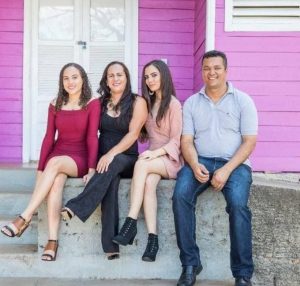Brazil, known as world’s coffee leader, has started to use stronger and more bitter robusta beans that are hardier in the heat as compare to delicate arabica, reports Reuters. This change is to tackle climate change and how climate change is affecting global markets.
Brazil is the world’s biggest producer of arabica, yet its production has stayed largely flat over the last five years. According to new data, cheaper robusta, which is grown at lower altitudes, is attracting more and more international buyers.
Also Read| Is consuming caffeine regularly good or bad for your body?
This change promises gradually alter the flavour of the world’s coffee over the coming years as more of the harsher and more caffeine-charged robusta variety, widely used to make instant coffee, makes its way into the pricier ground blends currently dominated by arabica.
Enrique Alves, a scientist specialising in coffee seed cultivation at Brazilian state agritech research centre Embrapa, said thanks to robusta, coffee will never be missing even as the globe warms. He told Reuters, “It is much more robust and productive than arabica.”
Also Read| Caffeine does wonders to your hair: Know how
Though robusta is less refined, it offers much higher yields and more resistance to rising temperatures.
Carlos Santana, Brazil-based head coffee trader for Eisa Interagricola, a unit of ECOM, told Reuters, that use of Brazilian robusta is going to increase across the world in the future.
He added that roasters across the globe have started experimenting by adding more Brazilian robusta, known as conillon, to both their ground and instant coffee blends.
Also Read| What is bulletproof coffee?
According to US Department of Agriculture (USDA) data, Brazil has increased its robusta production by 20% over the past three seasons.
Over two decades, Brazil worked to improve the quality, taste and resilience of its robusta seeds and increased productivity levels by up to 300%. The country now has similar average yield to Vietnam, which is so far world leader of robusta beans.
Luiz Carlos Bastianello, a farmer, told Reuters that using modern techniques, his state have achieved record yields as high as 12 tonnes per hectare.
Also Read| Green is the new black: Here’s why you should switch to green coffee
There are several different varieties of conillon seedlings in Brazil, he added and they are well suited to withstand warm, dry weather.
In terms of arabica output, extreme weather conditions, including the recent freak frost, is holding back Brazilian farmers. The frost devastated an estimated 11% of the country’s arabica growing areas.







